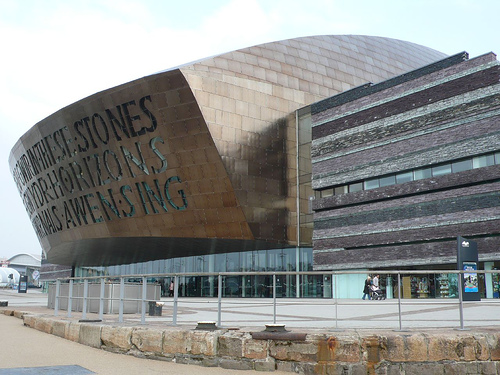Cardiff Branch Programme

Cardiff Branch Programme 2025
"The Crusade Text as Commemorative Artefact: Recent Developments and Future Directions in the Study of the Memorialisation of Crusading"
Wednesday 19th February 2025
Time: 7pm
Venue: Via Zoom
Description: How medieval societies remembered the protagonists and events of the crusading era represents one of the major developments in crusades scholarship over the last decade. The first part of this paper introduces and synthesises recent work in this direction, outlining the key developments, assessing the various approaches that have been devised and utilised, and tracing the genesis of this historiographical trend. The second part identifies several future avenues of enquiry, including marginalised source types that deserve further scrutiny and some of the theoretical approaches developed in memory studies which have had little bearing on crusade studies. The memorialisation of the Third Crusade in medieval England will serve as a case study.
How to book: Please book via event link to join the Zoom talk
Email: Edbury@cardiff.ac.uk
Lecturer: Dr Stephen Spencer University of Buckingham
“What made Florida so weird?: an eighteenth-century history”
Wednesday 19th March 2025
Time: 7pm
Venue: Via Zoom
Description: When I ask my students if they’ve travelled to the United States, their answers usually mention two states: New York, and Florida. Florida, which is known today for Disneyworld and alarming local news stories about alligators, is a weird place. This talk explores early modern maps of Florida to discuss some of the reasons why it became this way. In the sixteenth century the Spanish had called it La Florida. They drew it as a continent of rivers and a shortcut to the Pacific Ocean. By the 1730s English colonists in Georgia were trying to carve out space for themselves on the Atlantic coast with permission from Yamacraw leaders. The continuing Spanish presence in La Florida is why English maps of the Georgia colony locate St. Augustine so much further to the south than it actually was. By the 1760s, when a European treaty ceded Florida to the British and they split it into two Floridas with Atlantic and Gulf ports, maps of Florida became weirder. East and West Florida maps gained more inland rivers, lakes, swamps, and islands. In reality, Florida was a Creek and Seminole homeland populated by Indigenous people who contested borders on maps with British, then Spanish, and then American officials. Maps were tools of empire that allowed non-Indigenous people to claim land and water, but which also consistently failed to reflect lived realities on the ground. The trickiness of depicting where Florida was, which nations claimed it, and who lived in it helped to make it so very weird.
How to book: Please book via event link to join the Zoom talk
Email: Edbury@cardiff.ac.uk
Lecturer: Dr Rachel Herrmann Cardiff University

